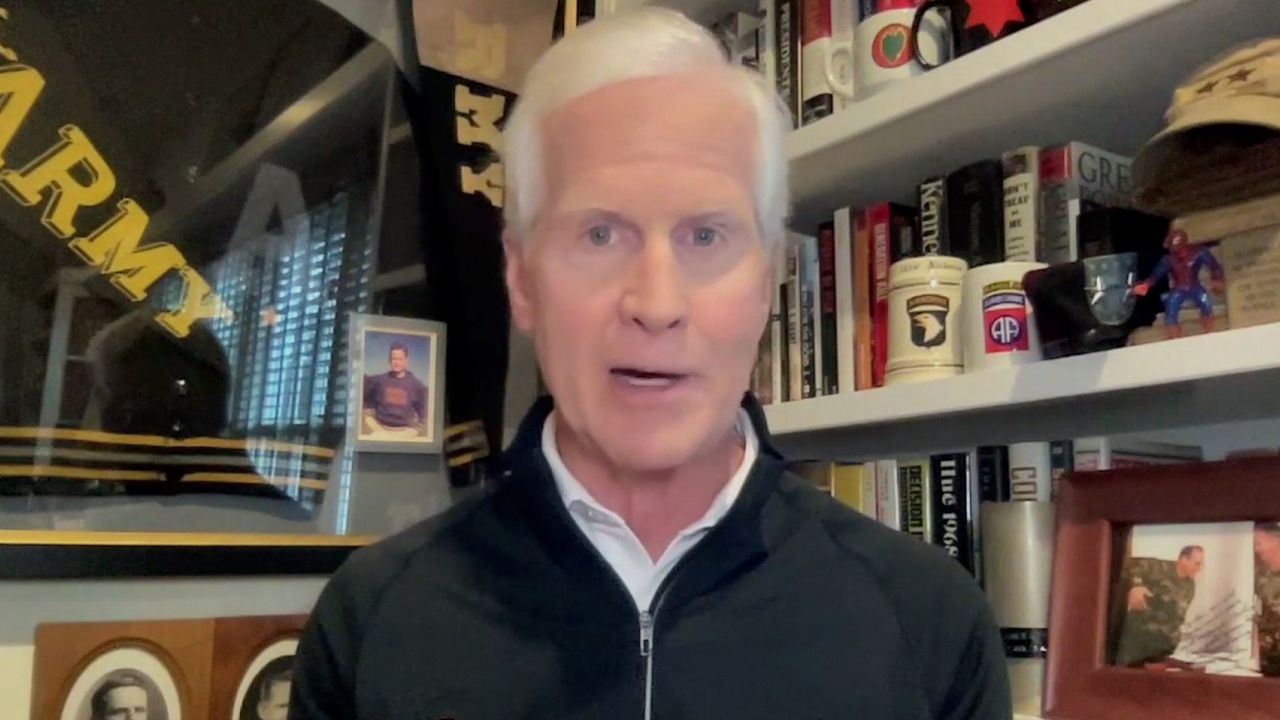An edited video circulating on social media appears to show Palestinian men and at least two children detained and stripped by the Israel Defense Forces (IDF) in a stadium in northern Gaza.
CNN is unable to verify when the video was shot. A CNN geolocation of the video shows it was filmed in Yarmouk Stadium in Gaza City.
CNN reached out to the IDF late Tuesday night for comment on the video and the children detained but has not yet heard back. In the past, the IDF has said it has stripped detainees to ensure they were not carrying explosives.
Hundreds of Palestinian men and boys have been detained by Israeli forces in recent weeks.
Clips in the video show what appear to be two young boys in one frame, stripped down to their underwear, walking and holding both their hands up as the IDF directs them in the stadium.
In another clip, what appears to be the same two young boys stripped of their clothing are seen with their hands above their heads as they are lined up in single file lines with other males who appear to be teens and adults.
Throughout the video, men can be seen stripped down to their underwear.
In some clips they are sitting on the floor with their hands tied to their backs, some blindfolded, and standing in single file lines as the IDF overlooks and inspects them.
Clips of the video also show women and other children detained. In one shot, three fully clothed women are seen blindfolded with their hands tied behind their backs as they sit on the grass in front of a soccer goal in the stadium.
An Israeli flag is seen hanging on the soccer goal. Stripped and blindfolded Palestinian men, with their hands tied behind their backs, are seen sitting next to the women.
Military vehicles and bulldozers are throughout the stadium in the video.
The original video was uploaded on December 24 to YouTube by Yosee Gamzoo Letova, a photographer and artist according to his Facebook profile.
The non-profit Euro-Mediterranean Human Rights Monitor said it received information that the Israeli army is detaining hundreds of Palestinians from the Sheikh Radwan neighborhood of Gaza City, among them dozens of women who were taken to Yarmouk Stadium.
“Palestinian males, including children as young as 10 years old and elderly people over the age of 70, were forced to take off all of their clothes except their underwear and line up in a humiliating manner in front of the women detained in the same stadium,” the human rights organization said in a statement.
The organization is calling on the international community to investigate the images of detainment.





















